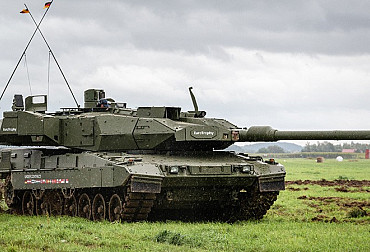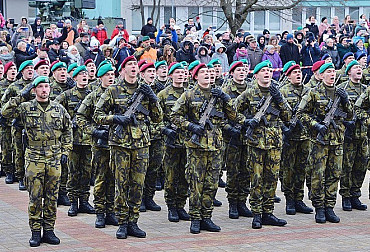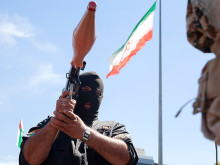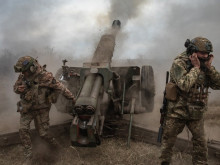The Military Police's scope could be extended to include soldiers from foreign countries
The scope of the Military Police could be extended to include the armed forces of foreign countries. For example, Military Police officers could escort convoys of equipment as they pass through the Czech Republic. This would mainly concern the member states of the North Atlantic Treaty Organisation (NATO).
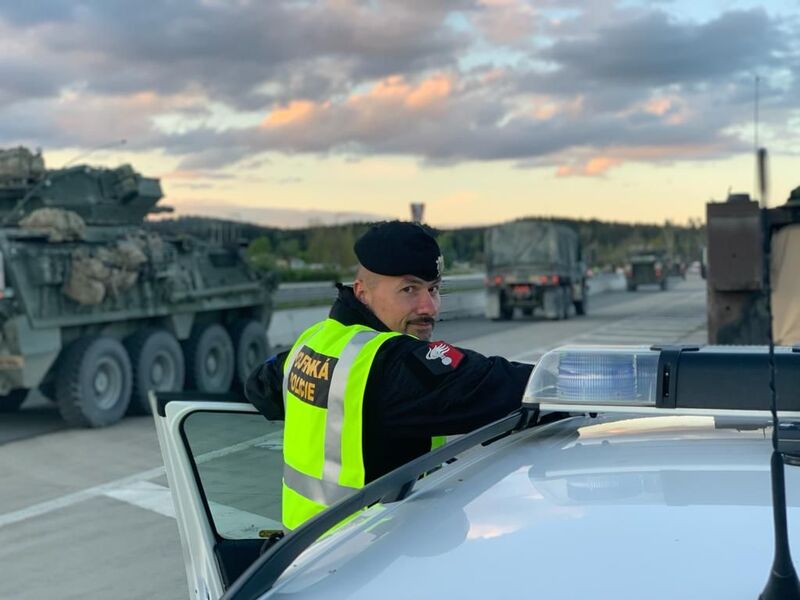 Picture: The Military Police's scope could also extend to the armed forces of foreign countries. For example, Military Police officers could accompany convoys of their equipment as they pass through the Czech Republic. | MP
Picture: The Military Police's scope could also extend to the armed forces of foreign countries. For example, Military Police officers could accompany convoys of their equipment as they pass through the Czech Republic. | MP
This is envisaged in the amendment to the Military Police Act, which was recently supported by the Government, according to the results of the meeting. The Ministry of Defence proposes that the norm be approved in the Chamber of Deputies in the first reading. The reason for this is a reaction to the current crisis caused by Russia's aggression against Ukraine, due to which the defence expects a more intensive movement of military equipment across Czech territory towards the east.
According to the Ministry of Defence, the current legislation gives the Military Police jurisdiction only over the Czech Armed Forces. If, for example, allied convoys are passing through the Czech Republic, the Military Police does not have the authority to supervise them.
In practice, therefore, the Military Police currently cooperates with the Police of the Czech Republic in such cases. The amendment aims to change this, as well as to enable Military Police officers to supervise the safety and fluidity of vehicle traffic.
The current laws also do not allow the Military Police to act independently on foreign missions, for example when training police units, unless the Czech Armed Forces are also participating in the mission. "In the context of the experience from the Military Police's previous operations abroad, this missing option appears to be a shortcoming," the ministry said. The amendment to the Military Police Act modifies the above conditions under which a military police officer may act in the performance of tasks abroad.
In connection with the above, we asked the Chief of the Military Police, Colonel Otakar Foltýn, what he expects from this amendment to the Act on the Military Police. Colonel Foltýn replied as follows: "The amendment is technical, increasing the powers of the MP in peripheral areas that will not affect the citizens of the Czech Republic. Competence over passing armed forces is undoubtedly something that most laymen assumed the MP had long ago, as well as the ability to operate in operations where the Czech Armed Forces are not deployed. Typically, these are police training missions."















